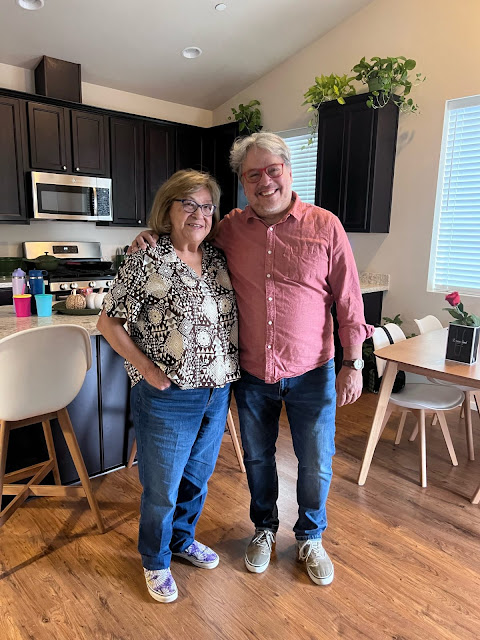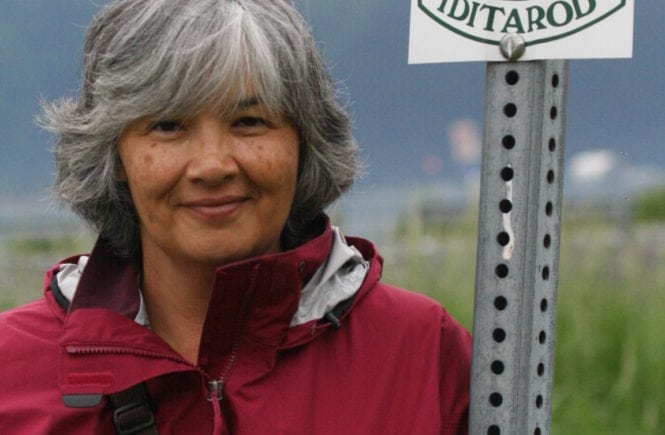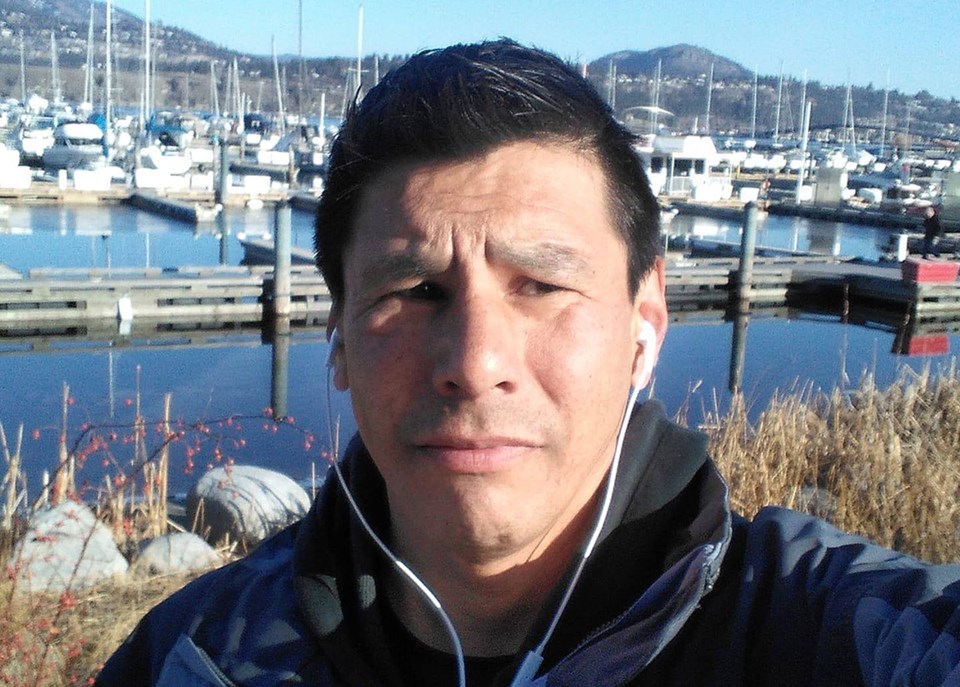A DNA test and Facebook groups helped an Indigenous man taken from his parents finally find his biological family.
Warning: This story deals with sensitive subject
matter. If you are experiencing emotional distress and want to talk,
free counselling and crisis intervention services are available at 1-855-242-3310, or at www.hopeforwellness.ca.
Donald Fales had been waiting a lifetime to meet his birth parents after he was taken from them as a baby
Fales was among thousands of Indigenous children, who between the
1960s and 1980s, faced mass removal from their families into Canada’s
child welfare system in what became known as the 'Sixties Scoop.'
A few years ago, a close acquaintance suggested Fales consider applying for the Sixties Scoop Settlement, which provided compensation for people who were separated by adoption from their biological parents, often done without the consent of their families or bands.
“Once I found out that I was part of that, it kind of flipped
everything upside down that I knew about my adoption and just started
moving forward with it all,” he says.
Fales always knew something was missing in his life.
Since he was 16 years old, he has wondered who his biological parents
were. At 50, he finally came face-to-face with his mother in a powerful
reunion.
“It was extremely emotional,” he says thinking back to the day. “I
spent all my lifetime pretty much looking for these answers and
waiting."
At just three months old, Fales was taken from his parents and put into foster care.
“I never had that experience of watching your parents drive away or
dropping you off and never coming back. I don’t remember any of that
part of it,” he says. “So I’m lucky in that way."
Fales was adopted in Prince Rupert at about one year old and shortly
after moved to Cowichan Valley on Vancouver Island. Legally, his
adoptive mother had to go through the Supreme Court of Canada when he
was six years old and he says this is how he uncovered his birth name.
“I knew I was from Kitkatla (Gitxaala Nation) because my mother
registered me through Indian status at the time of birth,” Fales said.
He had a starting point with his band and began connecting the dots
by speaking to people and trying to make further family connections. Fales chatted with people through Facebook groups, trying to find
leads. Ultimately, he decided to take a DNA test through Ancestry DNA
which confirmed his relatives.
His mother was from the Kitkatla Band, a small village located 45
kilometres southwest of Prince Rupert that can only be accessed by float
plane or boat. His father was from the Haisla Band located in Kitimat.
Fales soon learned that at birth his given name had been Donald
Albert Stewart — his middle and last names handed to him from his
grandfather and father, respectively.
An emotional reunion with his mother
On New Year’s Day, Fales received the phone number of a woman who was possibly his mother.
"I called her and just explained the story and the names that I had,” he says. “It was just pretty surreal.”
Fales remembers the woman responding with “Oh my god. You’re my
son” — words he had spent most of his adult life searching and waiting
to hear.
“After I got off the phone with her. I just crumbled. I broke down,” he says.
The pair kept chatting on the phone over the following days, sharing
stories and planning a day to meet in person in February 2023.
An emotional video he filmed captures their heart-wrenching
reunion. Fales shared the video on social media, which has since been
viewed more than 2.2 million times.
“It was extremely emotional and just everything seems so surreal,” he
recalls. “You wait a lifetime to make these connections and when you do
make them, it doesn't seem real.”
When his mother opened her arms to hug him, she broke down.
“I always wondered what happened to you my son,” he says. “It broke my heart to hear her say those words.”
Fales has four biological brothers and one sister. The mother, who
lost all of her children during the Sixties Scoop period, has now
reconnected with all of them, according to Fales.
Unfortunately, Fales's father died before the two got to be reunited.
“It's just extremely emotional, extremely powerful, and a lifetime of emotions just kind of flooding out of you,” he says.
Healing after all these years
Fales has spent three years on a healing journey as a way to cope with learning that he was taken from his biological parents.
“It took a little while to find a proper way to speak about it and
deal with my feelings of knowing that I was taken from my family and not
giving up,” he says.
His journey of finding his biological parents has been long, but he
says it’s been worth every step. He now lives in Edmonton, Alta., and is
married with two children.
"I can see all the likenesses and see where some of the looks and everything comes from, so it's been pretty amazing,” he says.
Both of his children have encouraged him to reconnect with his biological mother and other family members.
“They’ve always been pretty receptive with pushing me into looking a little bit more and being supportive of me,” he says.
Fales has since travelled to meet his biological father’s family in
Haisla and across Northern B.C. He travelled to where his father is
buried in Kitimat, B.C., and says he has spent time learning about his
culture.
“It was totally amazing to be welcomed in by everybody and learn
about all the different cultures, different songs, dances. It was a huge
part that just kind of filled my heart with everything that I was
looking for,” Fales says.
He hopes that other people will hear his story and consider reaching out to find out about their own cultures.
“Don’t give up,” he says. “If it’s not finding biological parents, just connect with your culture.”
He added that finding his parent's First Nation cultures have answered many questions.
“It's been a blessing to just have the reception that I've had to
both my mother's side on my father's side of their communities, and as
well as the support that I've got from my adoptive parents as well,” he
says.
If you were adopted and want to learn
about your biological origins and cultural heritage, there is a way to
obtain adoption records. For more information about eligibility and how
to access adoption records in B.C., visit this website.














